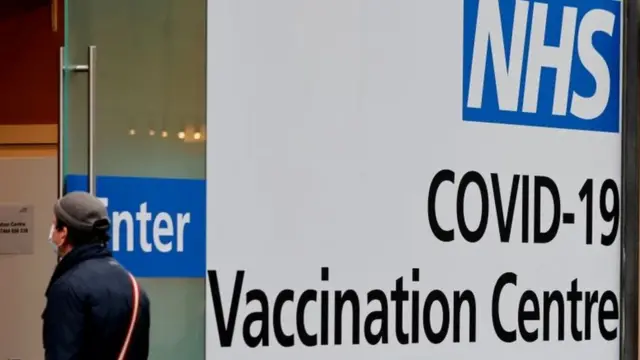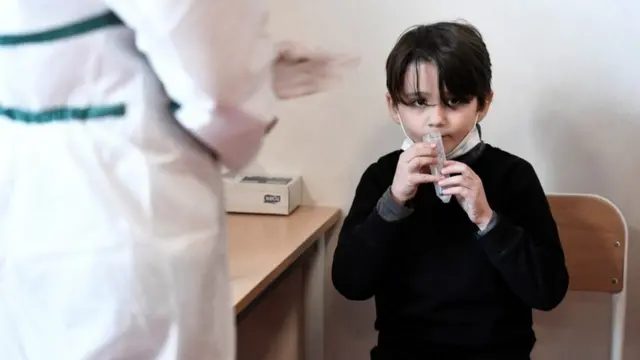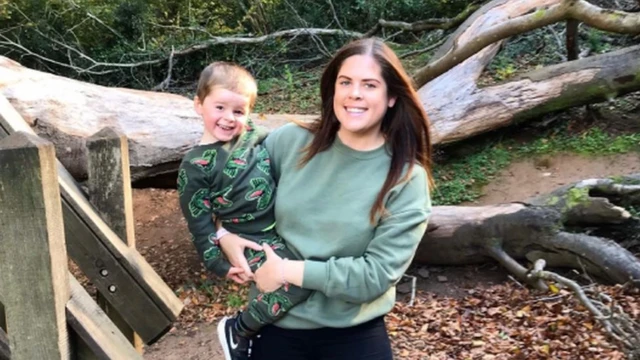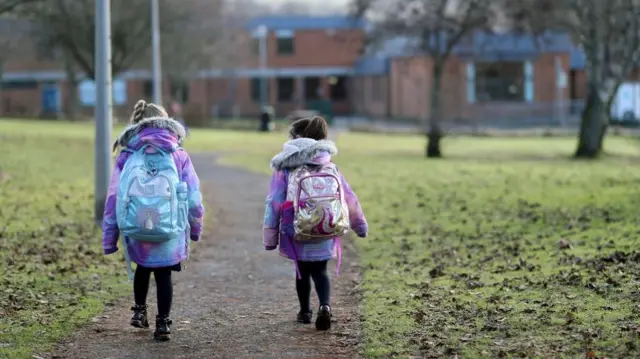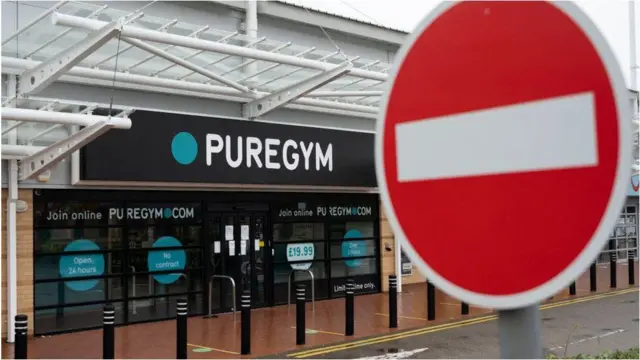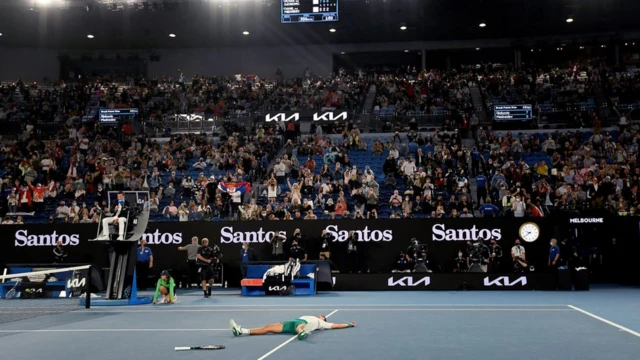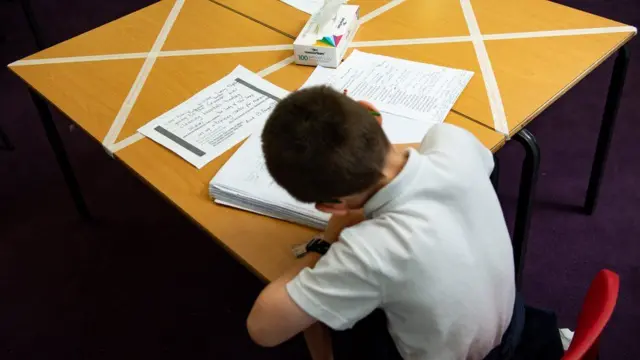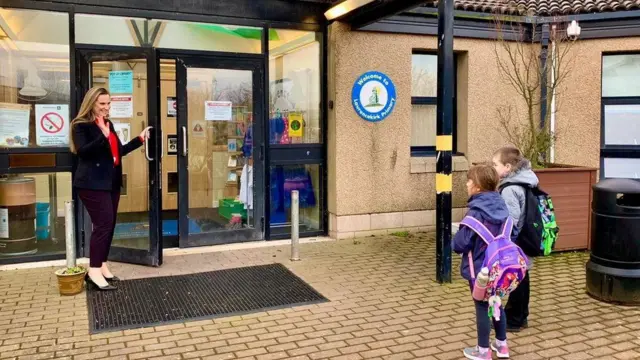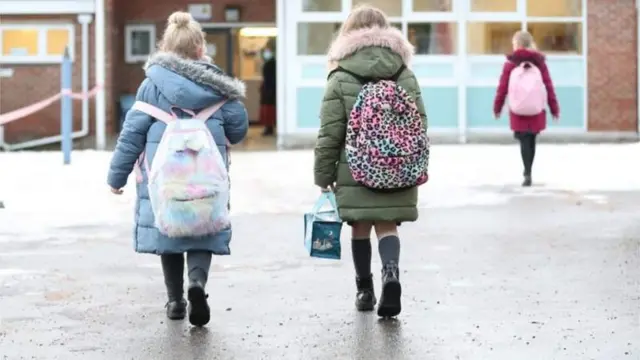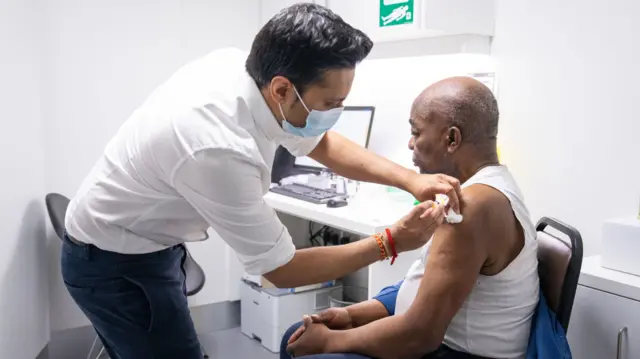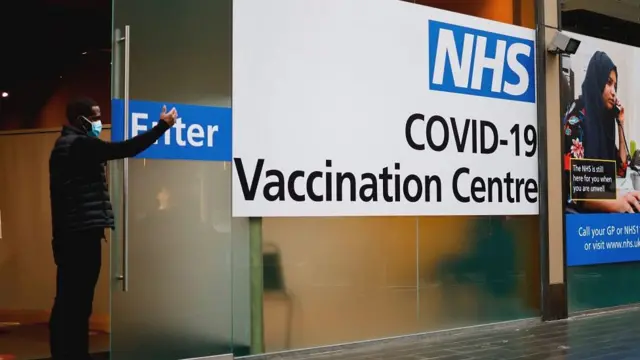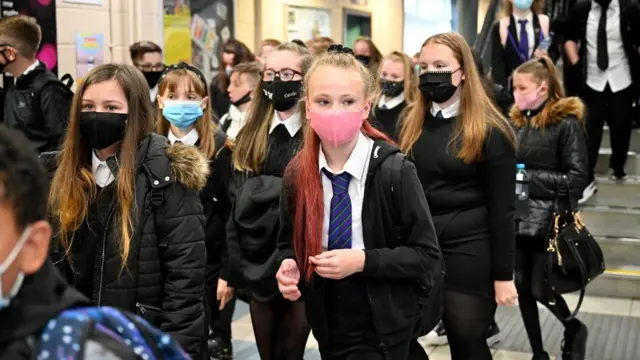Scotland's First Minister to announce easing of lockdown tomorrowpublished at 12:40 GMT 22 February 2021
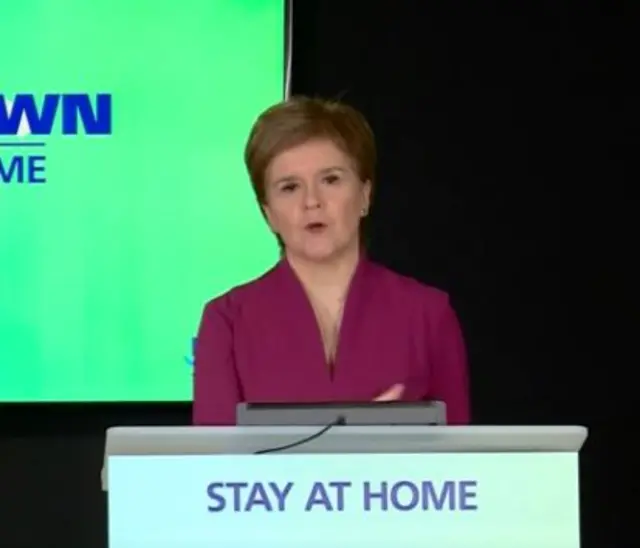
Nicola Sturgeon says she will give a statement to parliament tomorrow to set out Scotland's route out of lockdown and back to a tiered system of coronavirus restrictions.
Scotland's first minister will make the announcement at about 2:20pm, she tells a coronavirus briefing.
She says it will be a "statement to set out overall thinking on the overall state of pandemic and it will provide details of the revised strategic framework that we are publishing tomorrow".
It won't set out "hard and fast" dates for the easing of all restrictions, she says.
It's important that we are driven by "data not dates", she says.
The statement will give an "indicative order of priority and the likely phasing of the gradual lifting of current lockdown and then a return to the geographic level system", she says.
It will look at whether areas of Scotland that were in level four restrictions could be moved into level three, she says.
